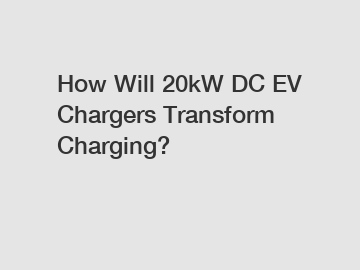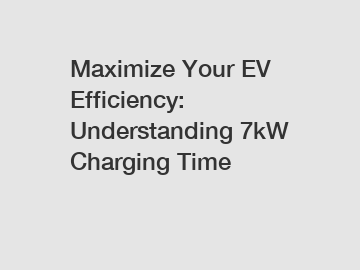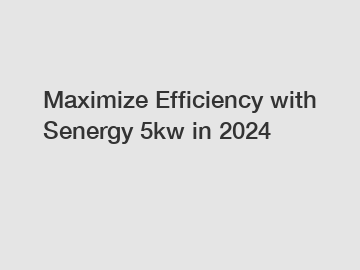Key Considerations When Choosing a Sustainable Home Heating System
Goto OUSHANG SOLAR to know more.
Choosing a heating system for your home is important, especially if you're thinking green. Sustainable heating options are better for the planet. But how do you find the right one for your needs? Here are some key considerations.
1. Energy Source
Start by considering the energy source. Common options include:
- Solar
- Geothermal
- Biomass
- Electricity
Solar energy can be great if you get enough sunlight. Geothermal systems are excellent for efficiency. Biomass uses organic materials. But make sure it's sourced sustainably.
2. Efficiency Ratings
Next, check the efficiency rating. This tells you how much heat you get for each unit of energy you use. Look for:
- AFUE (Annual Fuel Utilization Efficiency)
- HSPF (Heating Seasonal Performance Factor)
A higher rating means more savings on energy bills. You want a system that provides maximum heat while using less fuel.
3. Installation Costs
Let’s talk money. Installation costs can vary widely. Some systems are expensive to set up. Consider the long-term savings against the installation price. "How much will I save each year?" you might ask. This is a valid question. Assess your budget carefully.
Recommended article:BIPV Spandrel Panels vs. Traditional Panels: Which Is Better?
4. Maintenance Requirements
How to Choose BIPV Spandrel Panels?
Unlocking Efficiency: The 72 Cell PV Module
Hybrid Solar Inverter: Benefits and Drawbacks Explained
4 Tips to Select the Right Type of Electric Vehicle Chargers
Unlocking the Benefits of 40kW DC Fast Chargers
Key Considerations to Keep in Mind When Choosing a Smart Home System
Regular maintenance is key to keeping your heating system running smoothly. Some systems need more upkeep than others. "Will I be able to handle this maintenance?" It's crucial to ask yourself this question. Some systems require professional help regularly, while others are easier to maintain yourself.
5. Environmental Impact
Choose a system that reduces your carbon footprint. For example, systems that use renewable energy are a better choice. "What’s the most eco-friendly option?" you might wonder. Research local suppliers and their products. You want a system that supports the environment, not harms it.
6. Comfort Levels
Your home should feel cozy. Consider how the system heats your space. Some systems offer consistent heating without cold spots. "Will this system fit my comfort needs?" Comfort should be a priority when making your choice.
7. Local Climate
Lastly, think about your local climate. A heating system that works in a mild area may not be suitable for a colder region. "Will this system keep me warm in winter?" Make sure it matches your climate needs. Consult local experts for advice tailored to your area.
Choosing a sustainable heating system doesn't have to be overwhelming. Just follow these steps and you'll find a system that works for you, your home, and the planet. If you need further assistance or have questions, feel free to contact us. Also, check in with your local supplier for the best options available.
If you are looking for more details, kindly visit our website.
Contact us to discuss your requirements of 72 Cell PV Module. Our experienced sales team can help you identify the options that best suit your needs.
Recommended article:How to Choose the Best Inverter for Homes?
How Does Ruihua Commercial Charging Solution Work?
Maximize Efficiency with a 5kWh Inverter Today
How to Overcome Common Solar Inverter Challenges in Germany?
Why invest in dual EV charging stations now?
Understanding 3 Phase Solar Meter Connection in 2024
How to choose the right DC charger?











